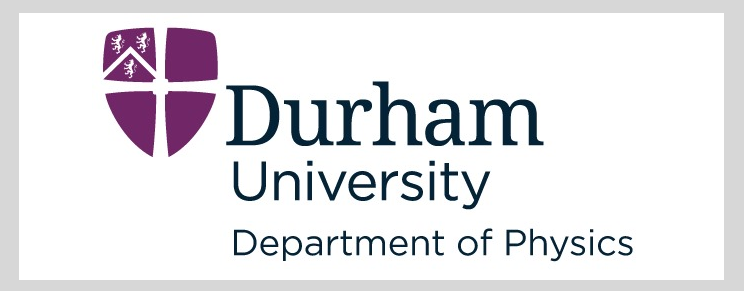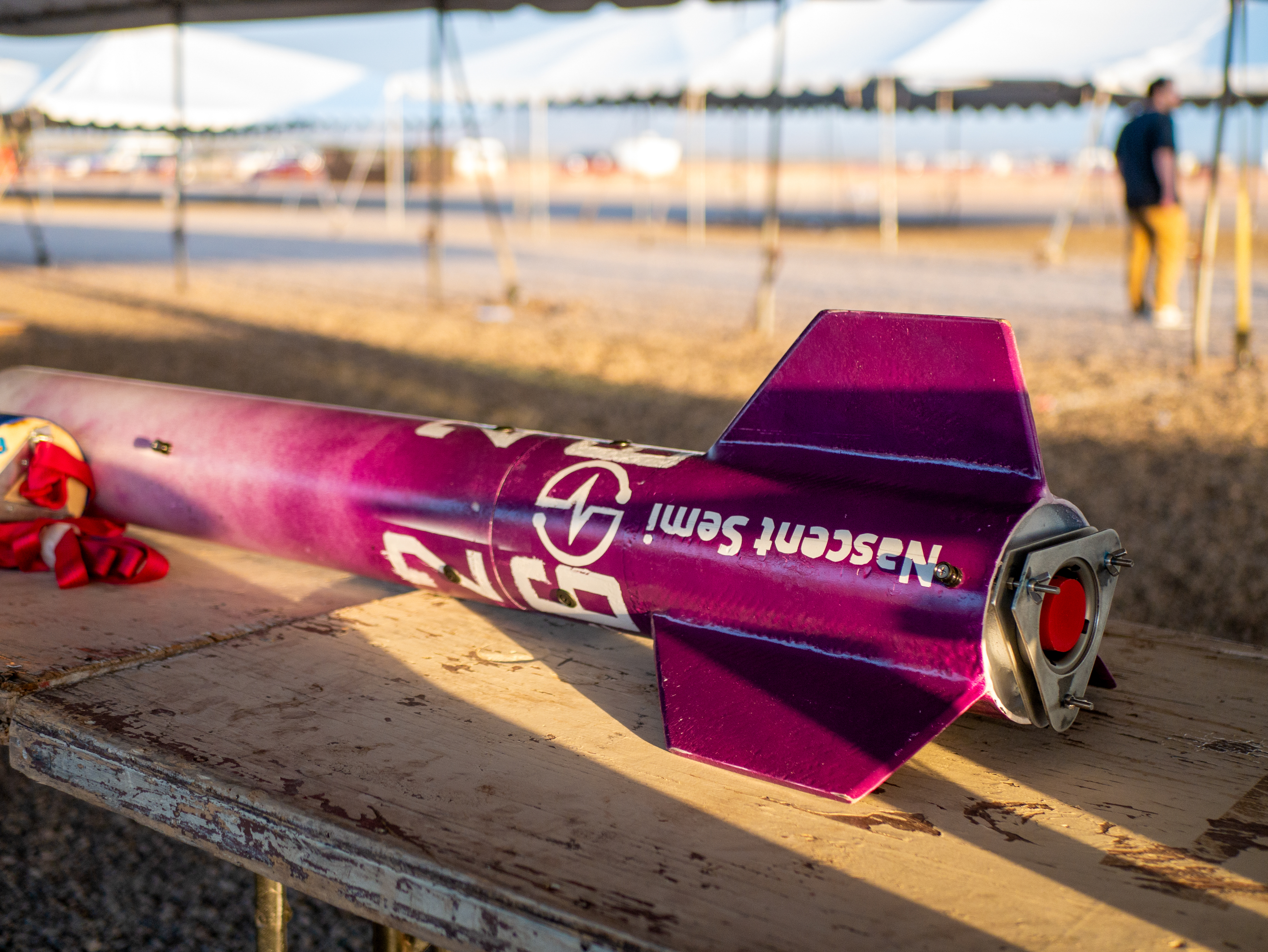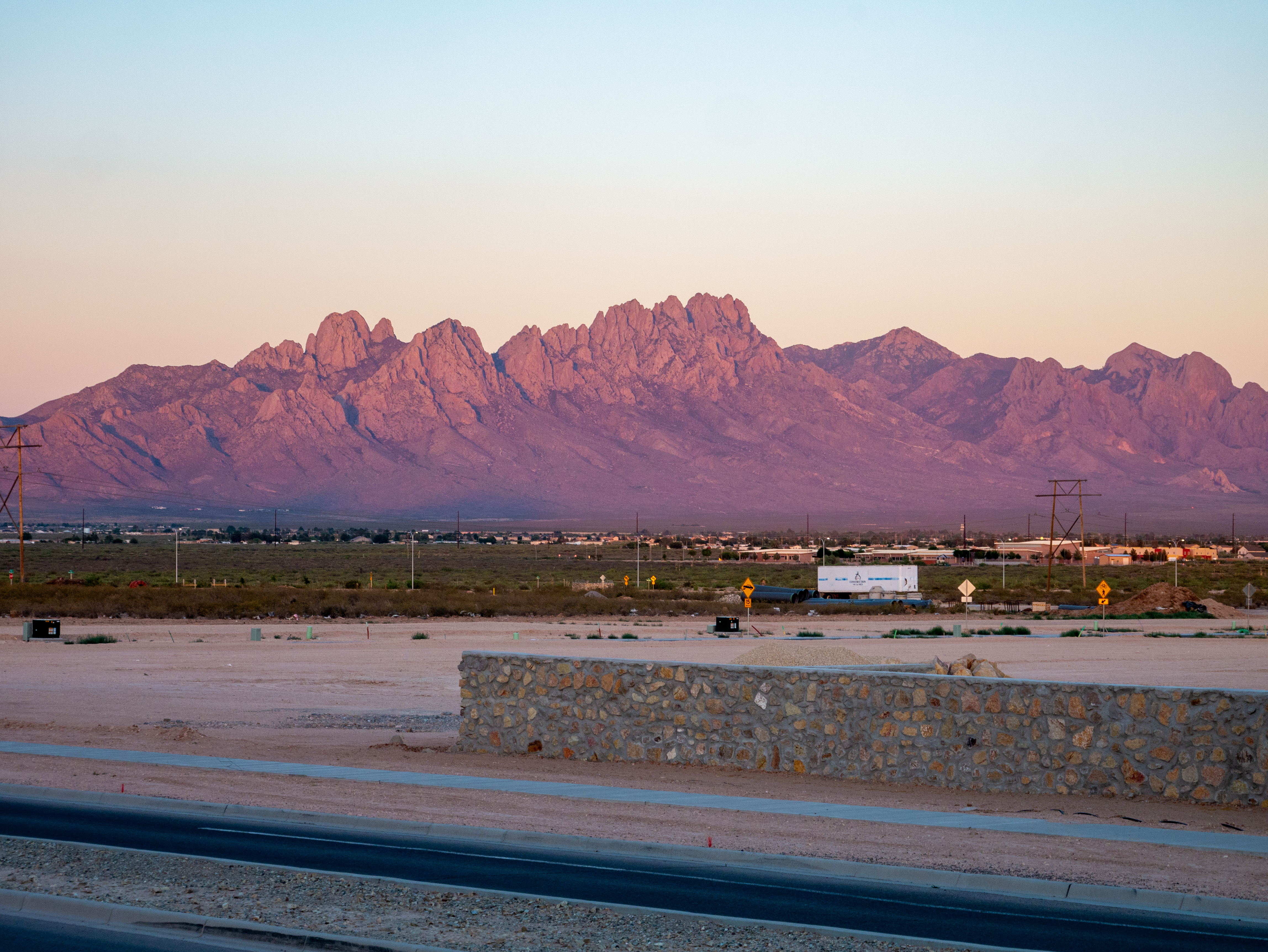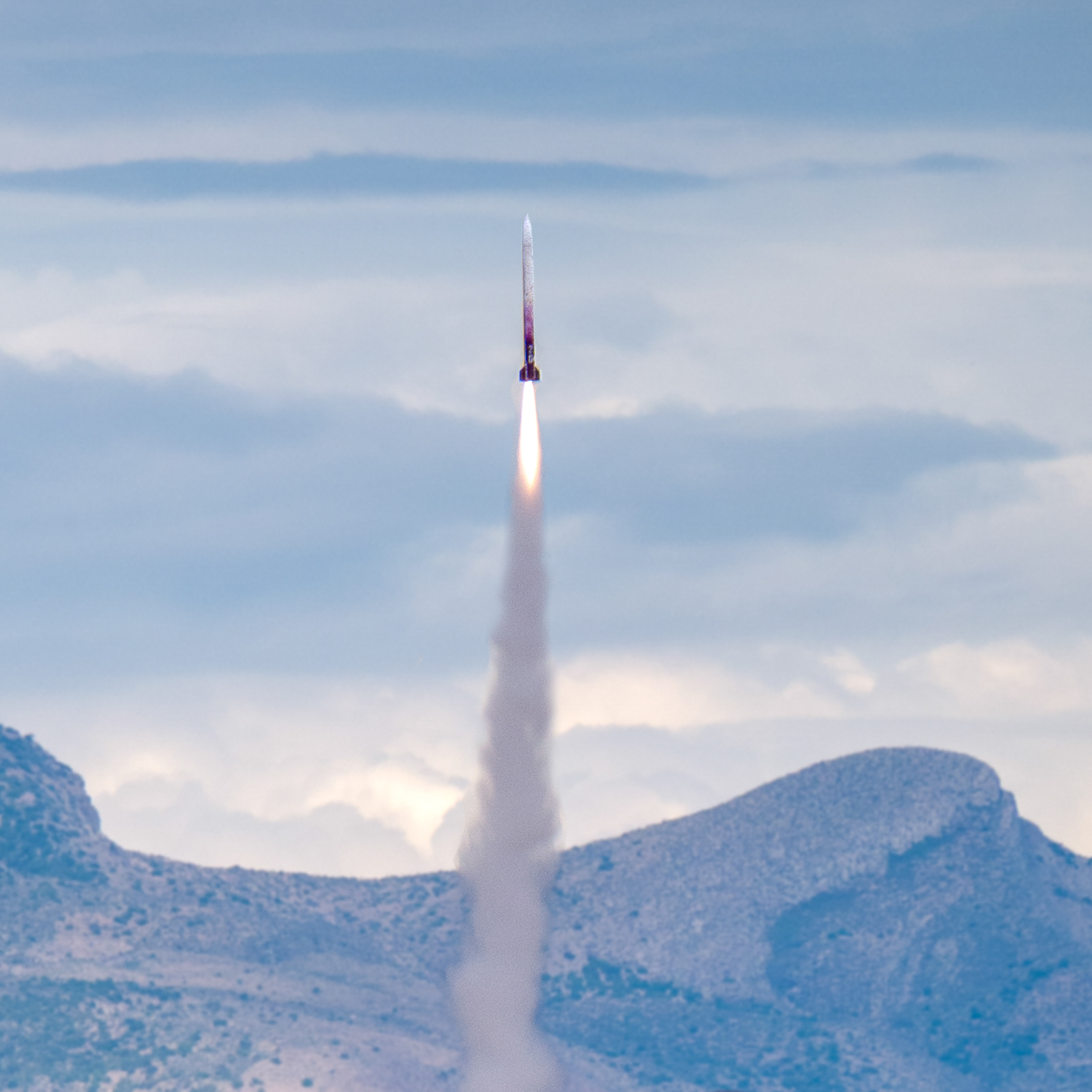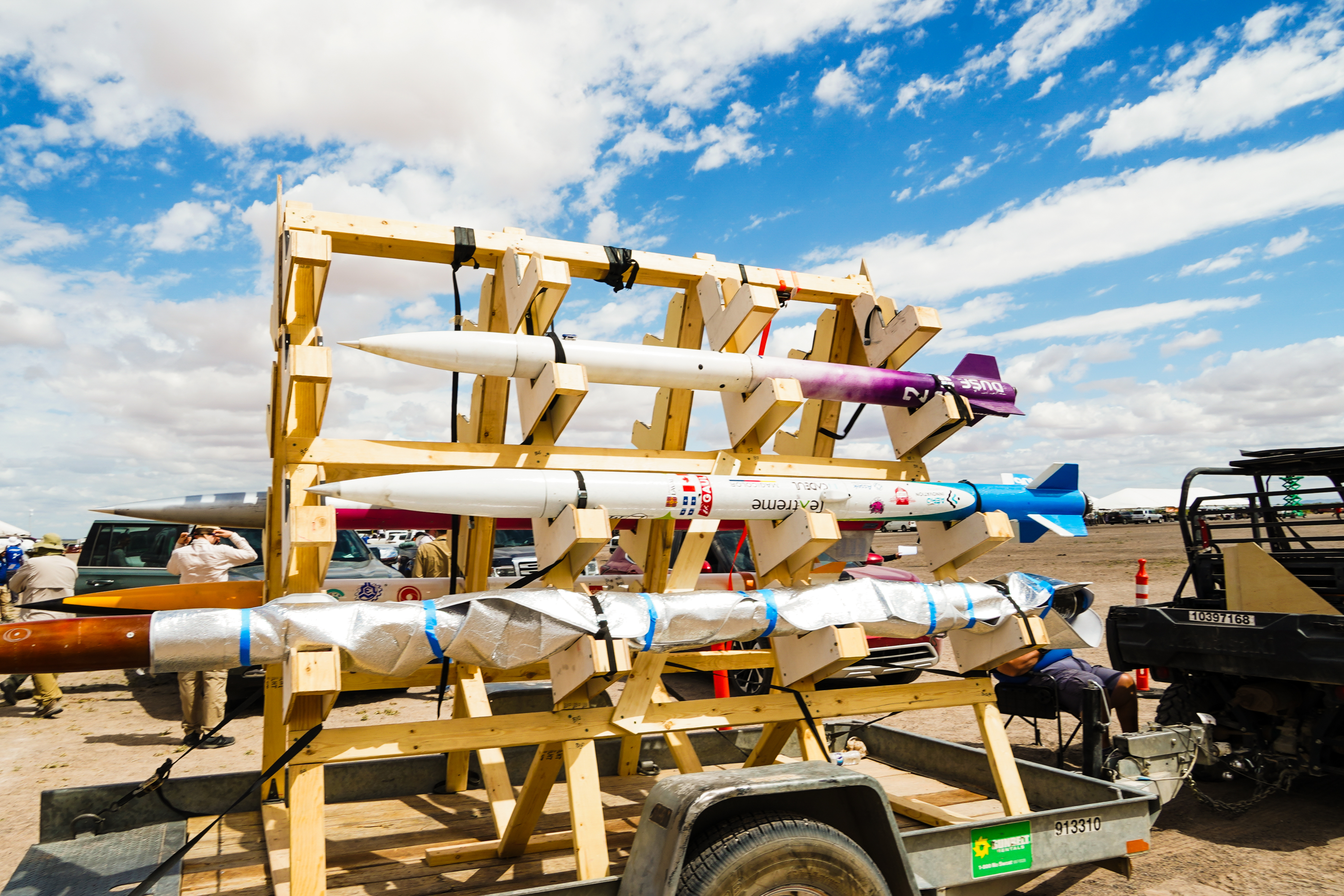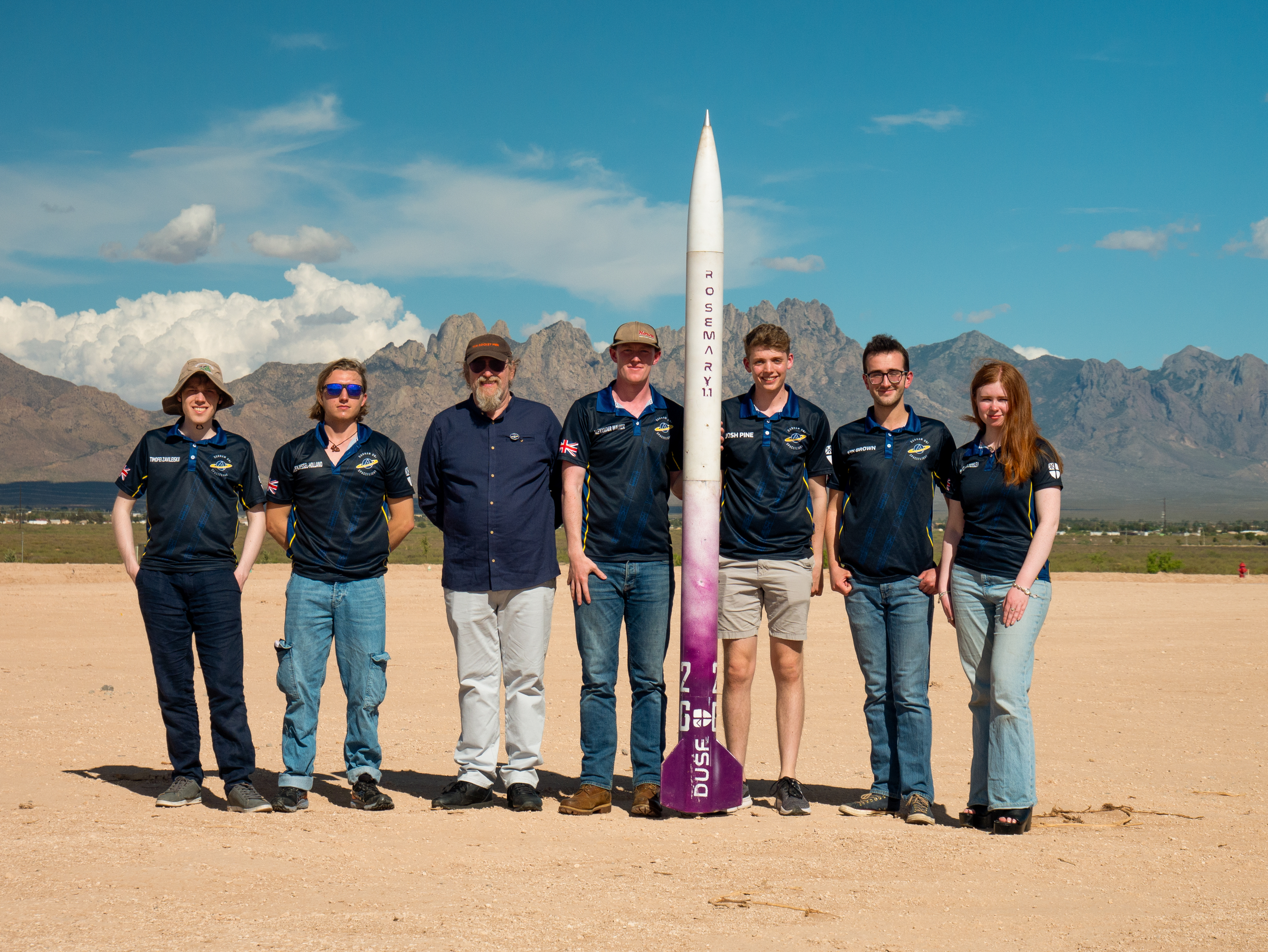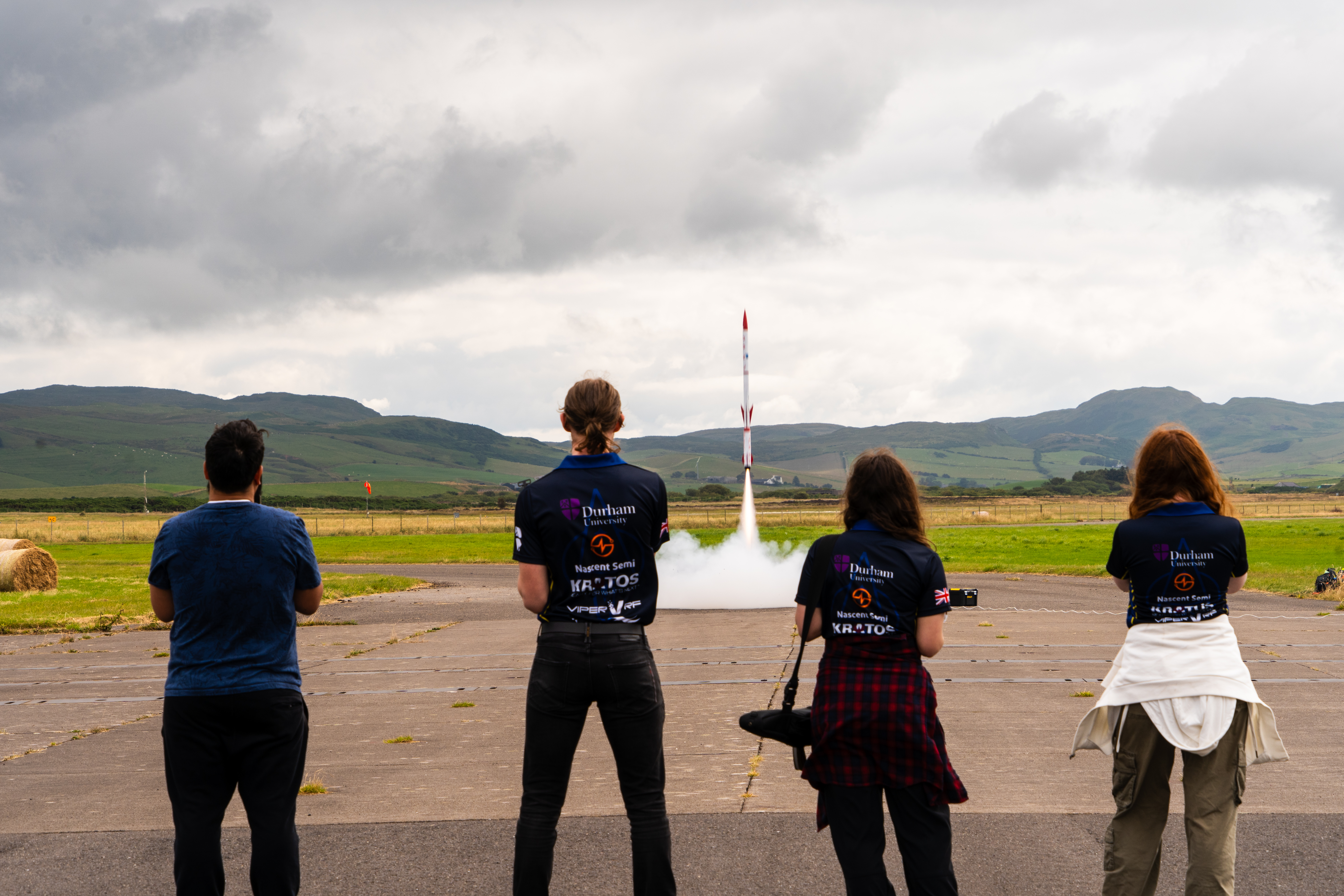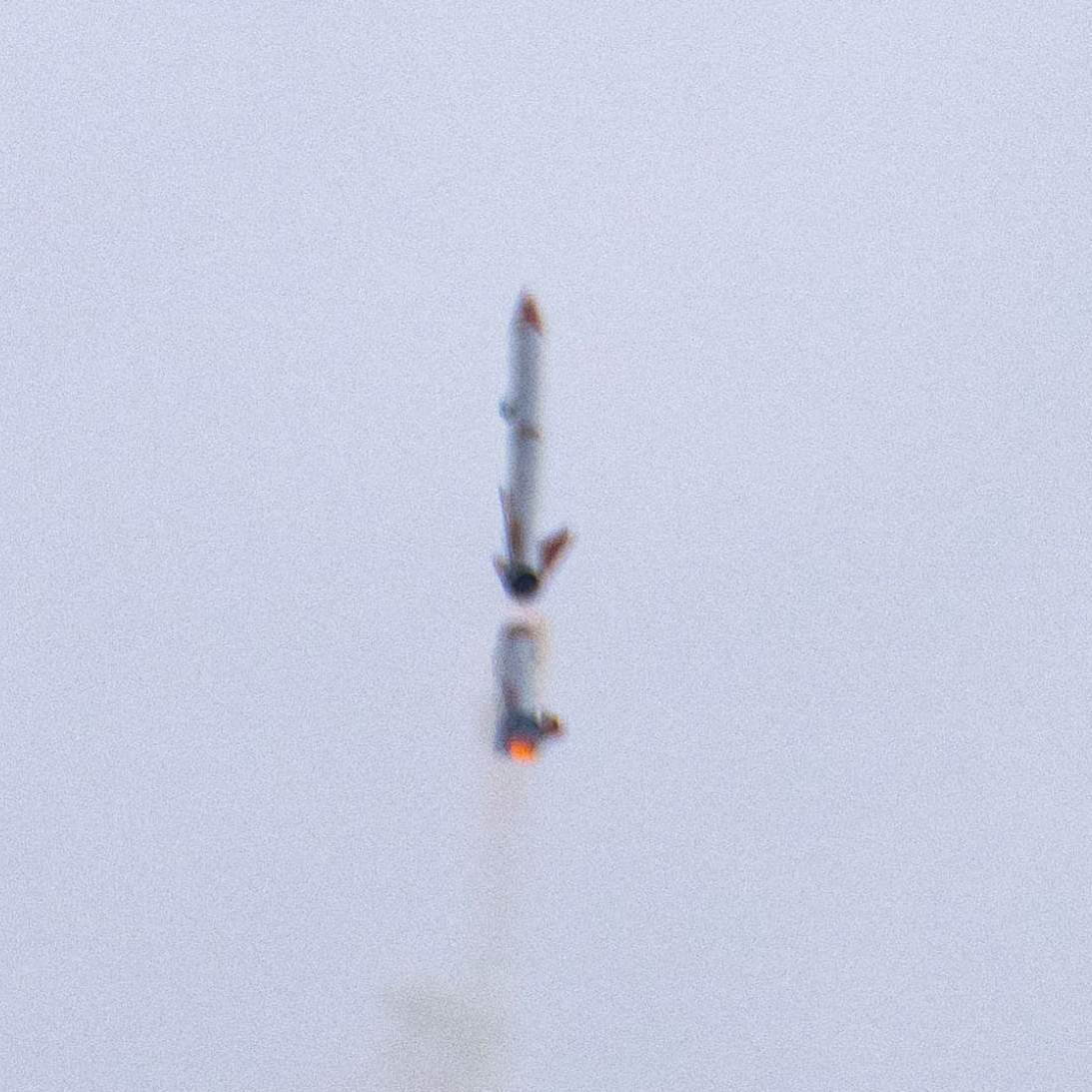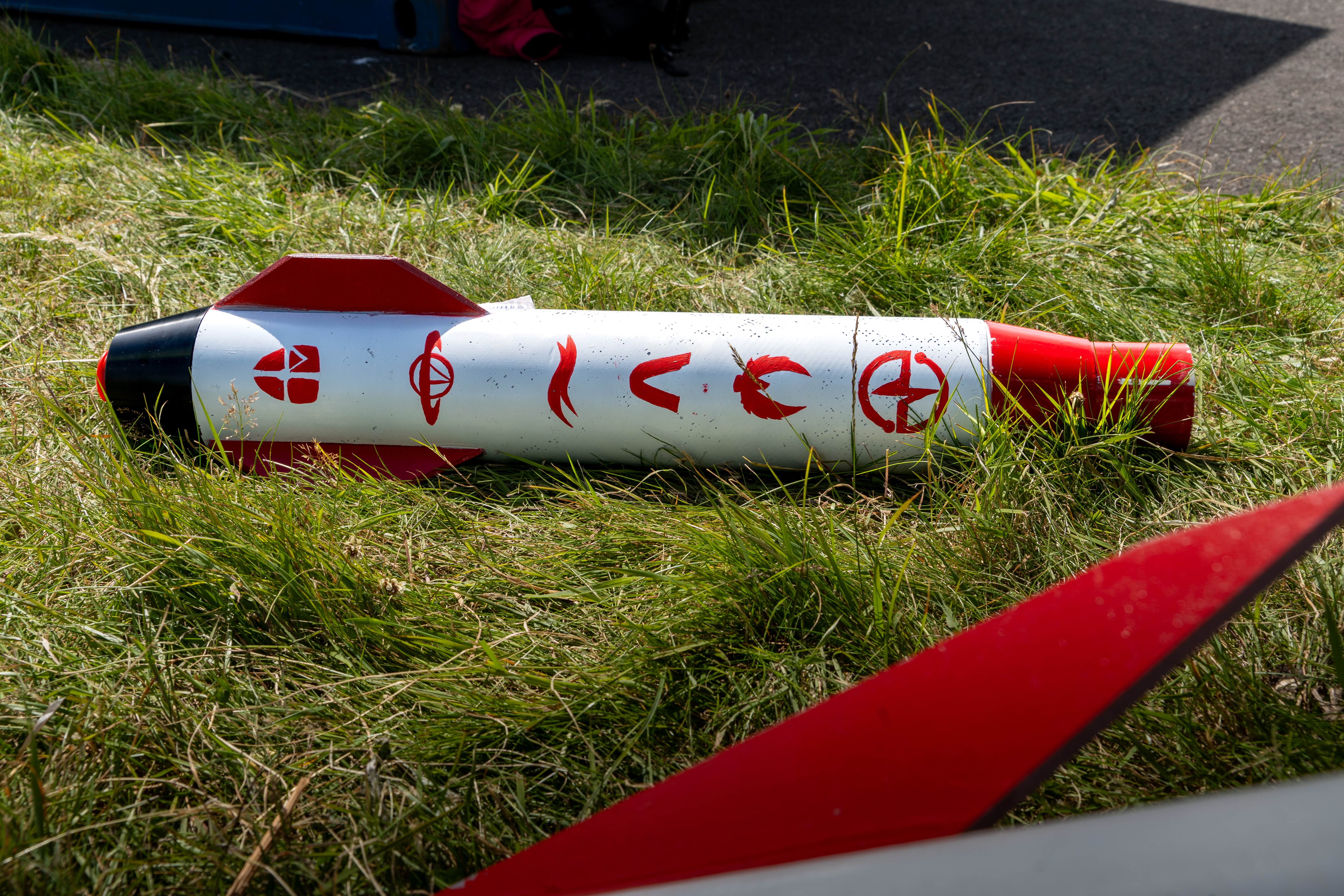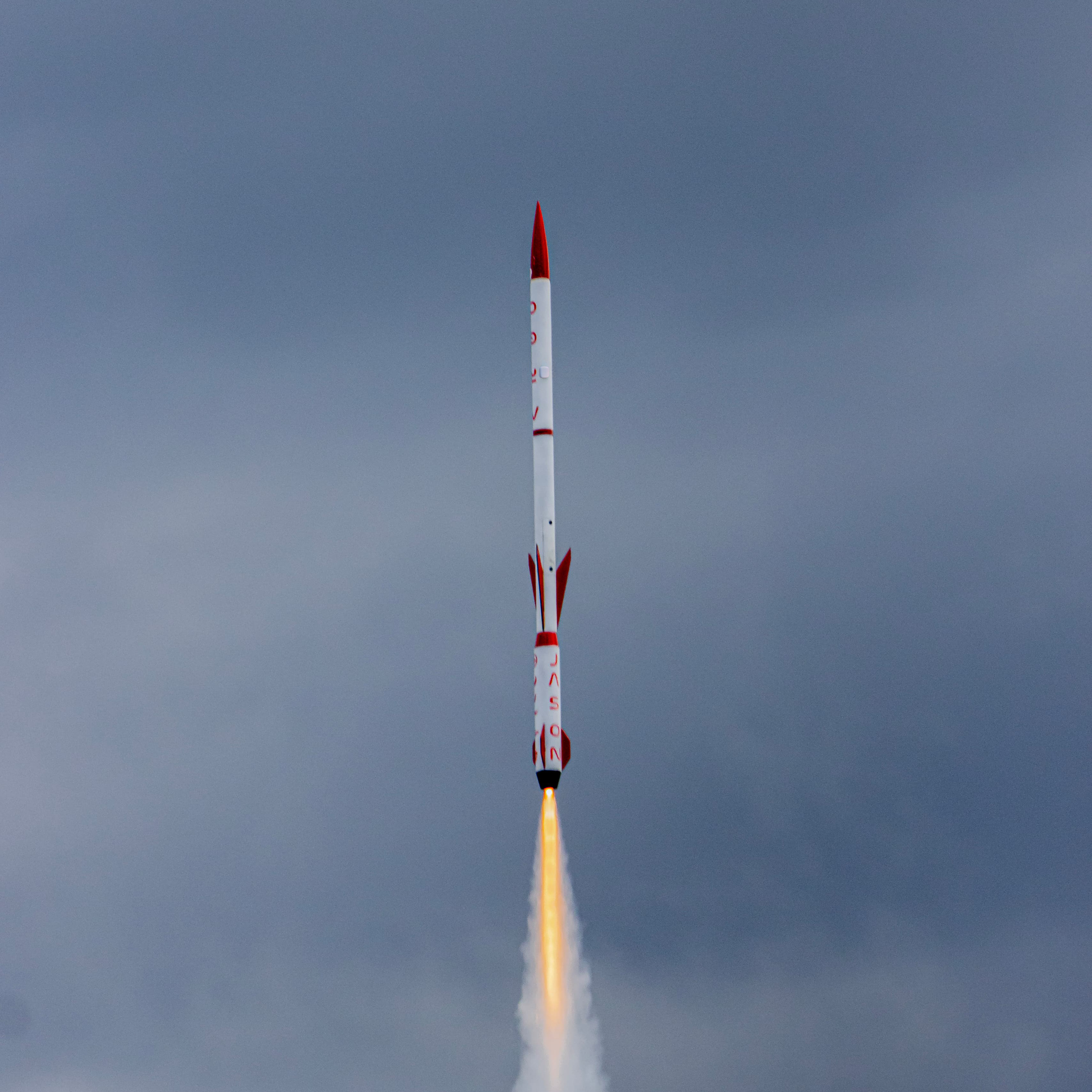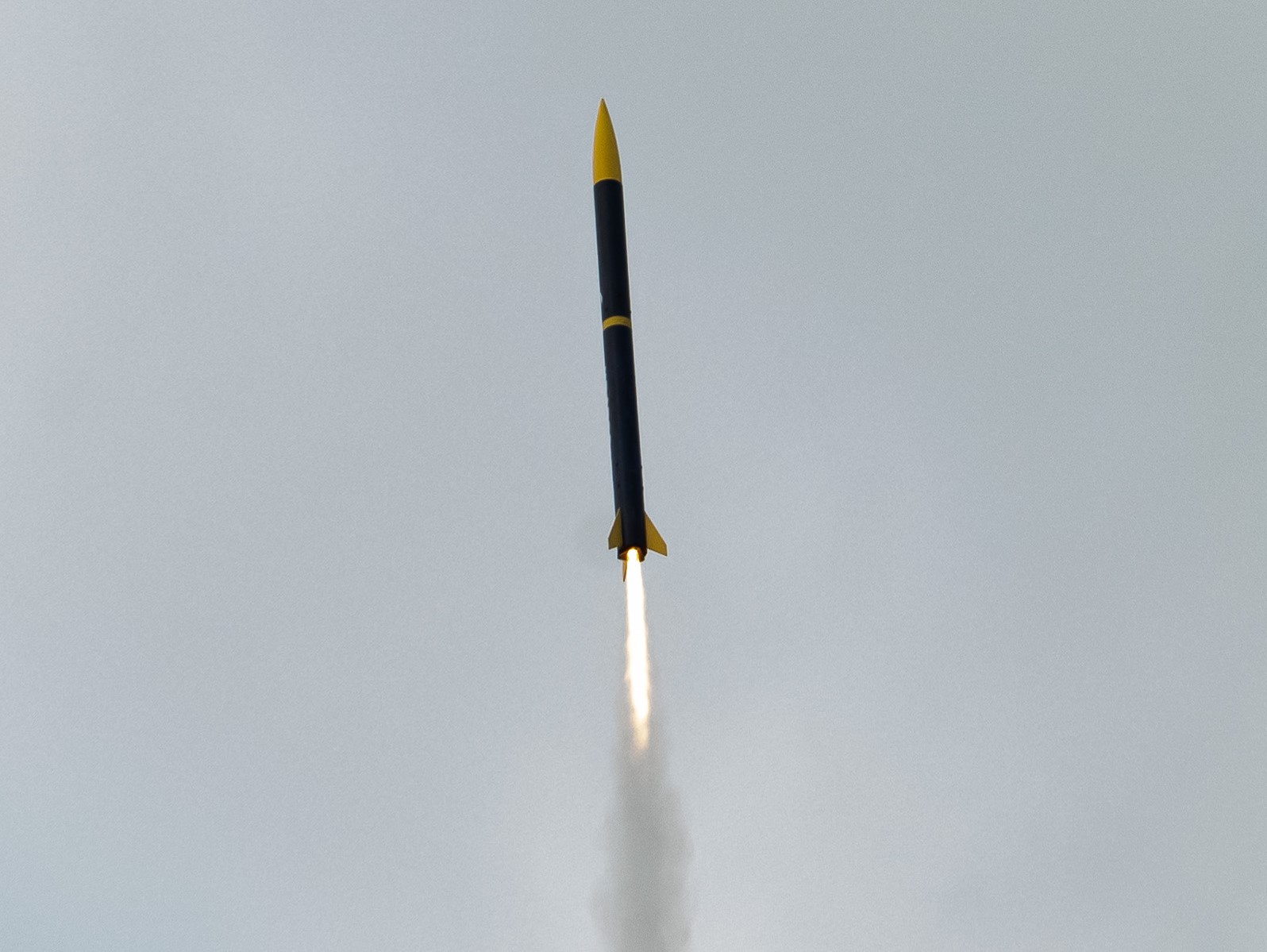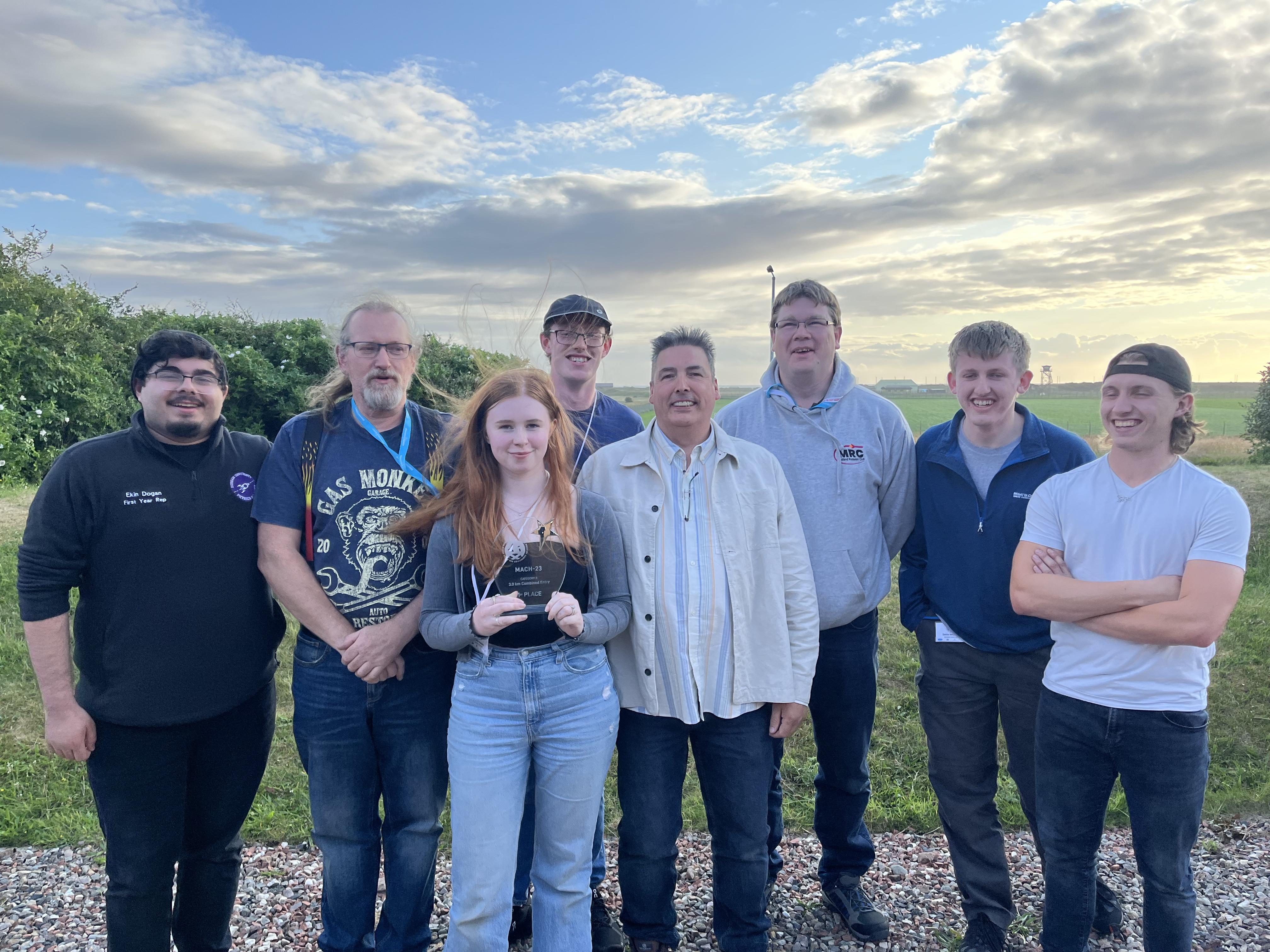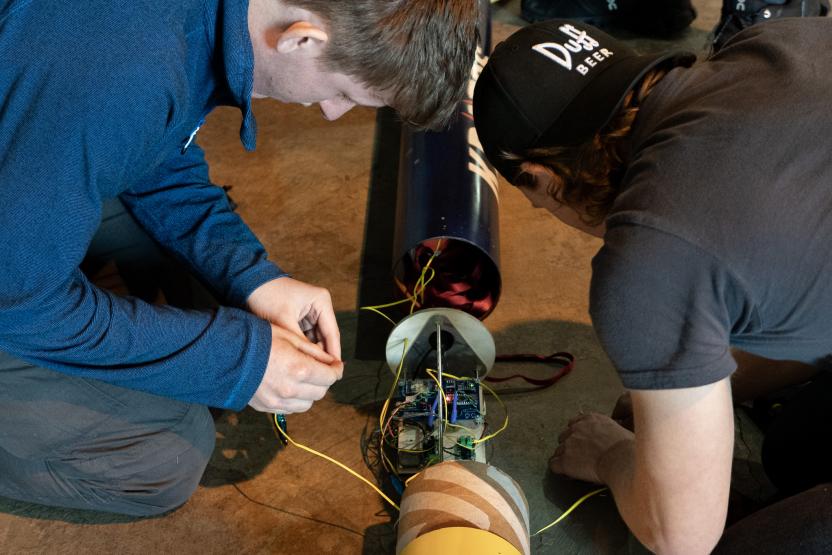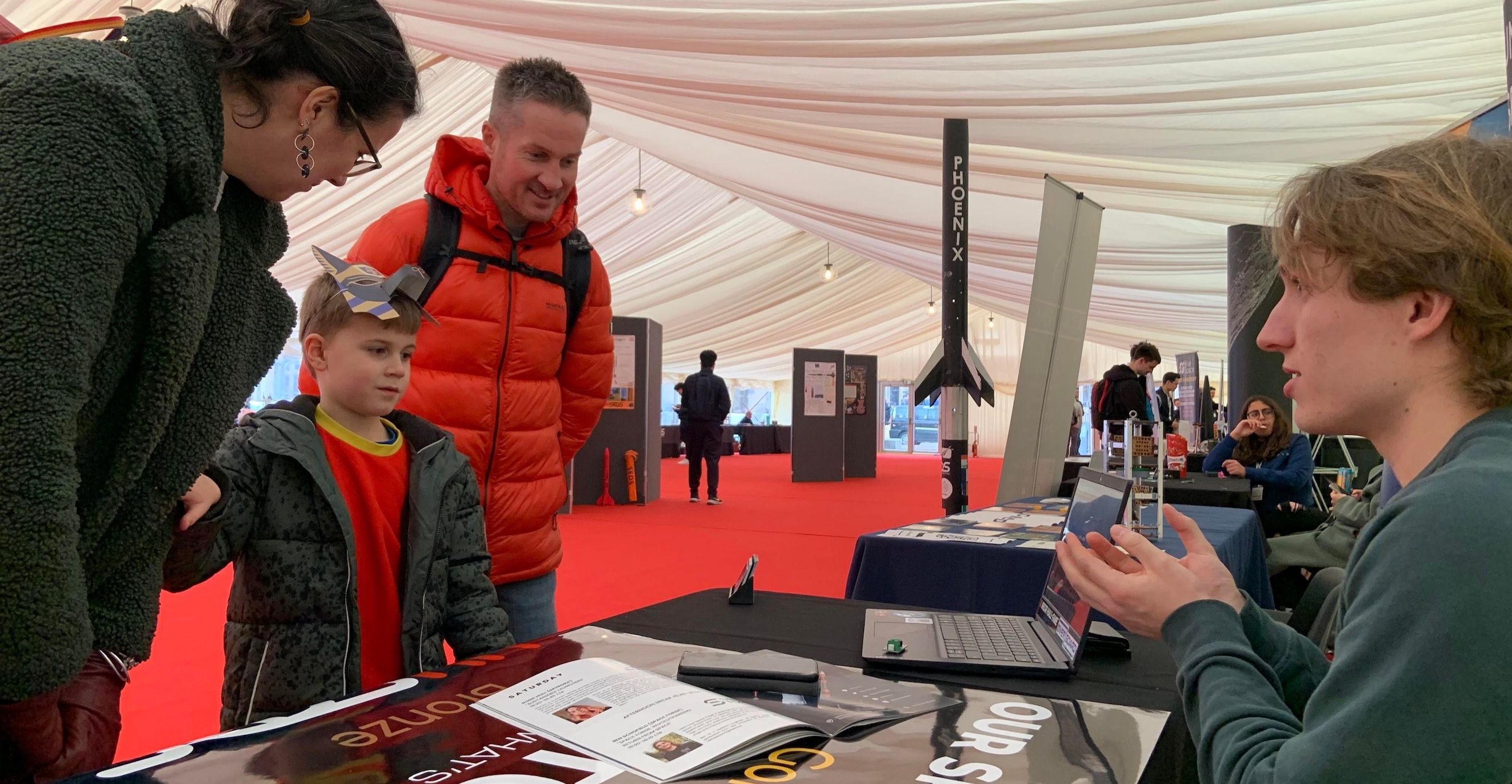About Us
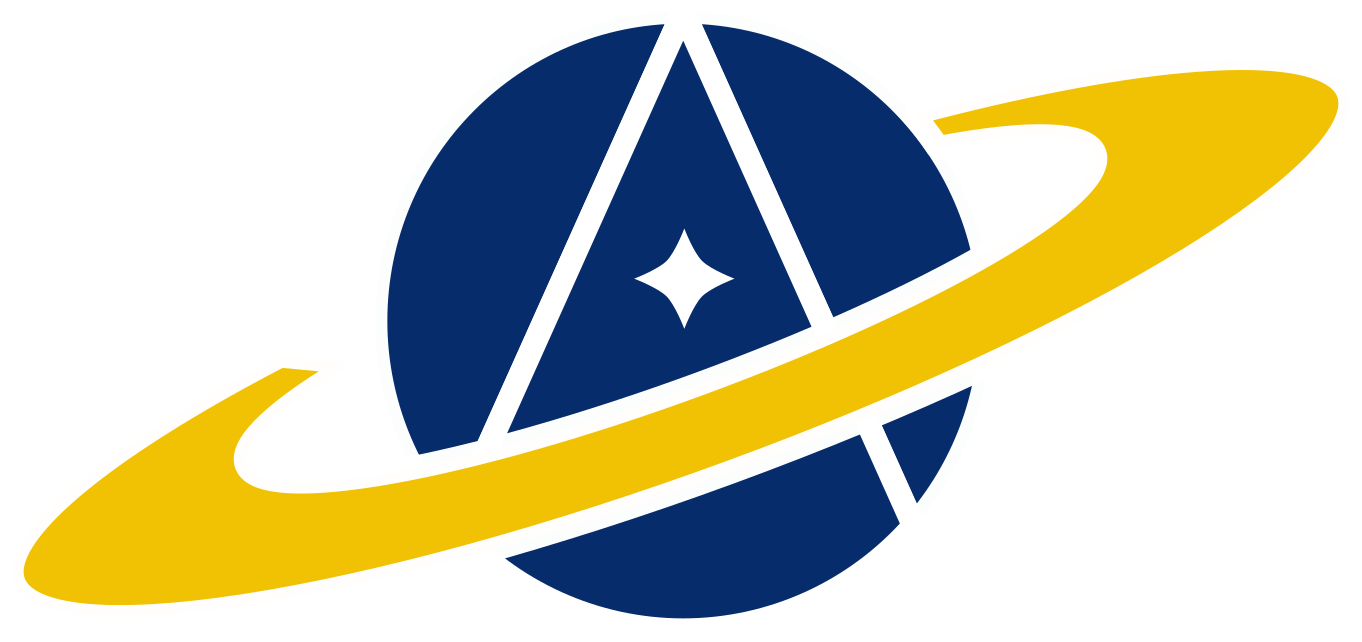
We are a rocket launching team from Durham University. Our team works on a range of technical projects, from designing and manufacturing rockets and engines to developing payloads and launching weather balloons. These hands-on experiences help our members develop practical skills for their future careers. Beyond our projects, we’re committed to inspiring and engaging the community through a variety of outreach initiatives.
Durham University Society is a Durham SU student group whose details are: Durham Students’ Union (also known as Durham SU or DSU) is a charity registered in England and Wales (1145400) and a company limited by guarantee (07689815) address is Dunelm House, New Elvet, DURHAM, County Durham, DH1 3AN.
About Us
We are a rocket launching team from Durham University. Our team works on a range of technical projects, from designing and manufacturing rockets and engines to developing payloads and launching weather balloons. These hands-on experiences help our members develop practical skills for their future careers. Beyond our projects, we’re committed to inspiring and engaging the community through a variety of outreach initiatives.
Durham University Society is a Durham SU student group whose details are: Durham Students’ Union (also known as Durham SU or DSU) is a charity registered in England and Wales (1145400) and a company limited by guarantee (07689815) address is Dunelm House, New Elvet, DURHAM, County Durham, DH1 3AN.

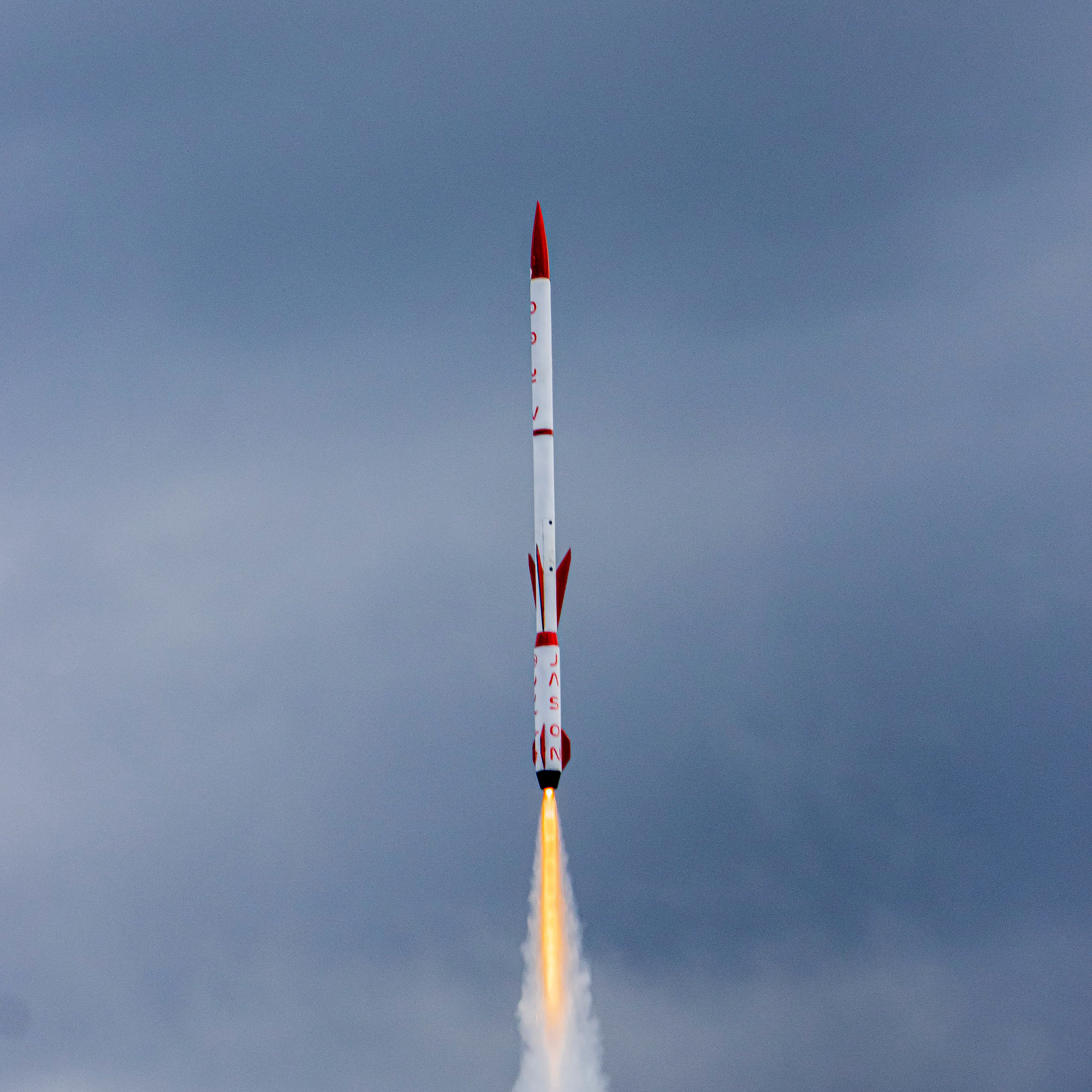
.jpg)







